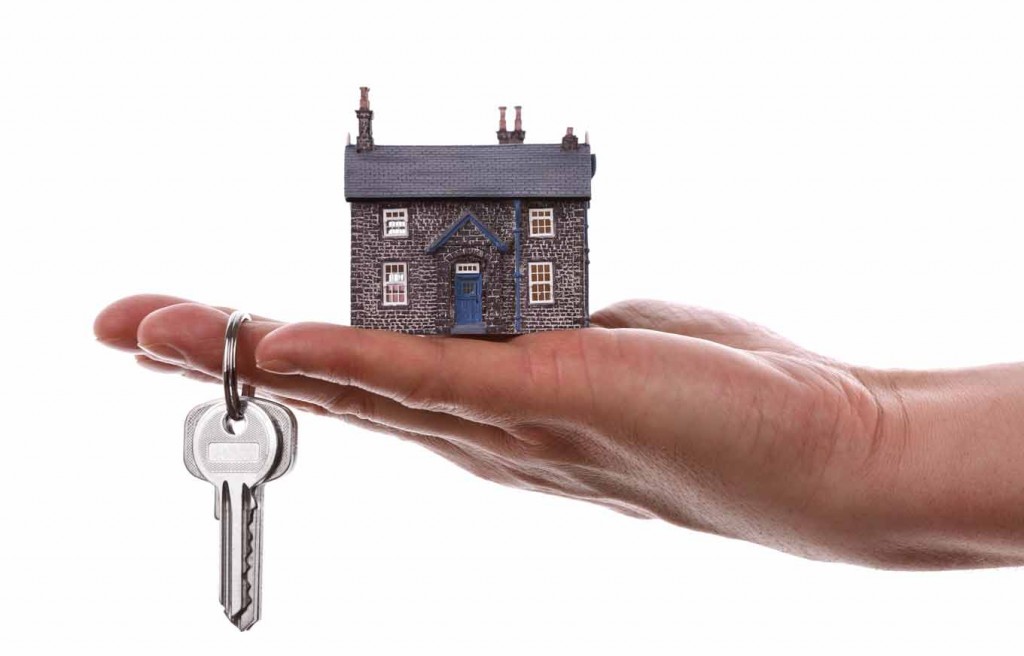
Question: I’ve been given a gift of $6500 to pay down revolving debt so that I can improve my debt to income ratio, and my credit score. My wife and I are three months away from applying for a mortgage. The problem is I have two closed credit cards that are still carrying balances. We have five other open cards in good standing. Should I pay off the closed accounts first? Or should I bring all balances to 30% or less?
Answer: I can’t say this enough – Closing an account will not help raise your credit score, especially closing one with a balance. Repairing your credit and getting rid of old, unused or negative accounts may sound like a good idea but you must be mindful of the end result.
Overall it is good to carry as little debt as possible and if closing an account is the only way you can remove the temptation of using it, then by all means close the account. On the other hand if you are trying to raise your credit scores then closing an account, with or without a balance is not the way to do it.
What happens to your credit score when an account is closed?
Your credit scores take into consideration something called a “credit utilization ratio”. This ratio basically looks at your total used credit in relation to your total available credit. By closing an account you wipe away some of your available credit because it is no longer used in the utilization ratio.
Now, the remaining credit available credit is decreased by that closed account which makes your open credit accounts seem as though the utilization ratio is higher. The higher this ratio is, the more it can negatively affect your credit score.
What is worse, you have closed accounts with balances and no available credit. I suggest you pay-off your closed credit card balances first and work on paying down your open credit account balances thereafter.
Here’s an example:
Say you have 5 Credit Cards –
Credit Card 1 has a $1000 balance and a $2500 credit limit
Credit Card 2 has a $1100 balance and a $3000 credit limit
Credit Card 3 has a $1300 balance and a $4000 credit limit
Credit Card 4 has a $1500 balance and a $5500 credit limit
Credit Card 5 has a $1700 balance and a $7000 credit limit
Total balances = $6600 ($1000 + $1100 + $1300 + $1500 + $1700)
Total available credit = $22,000 ($2500 + $3000 + $4000 + $5500 + $7000)
Credit utilization ratio = 30% (6,600 divided by 22,000)
Now, if you decide to close Credit Cards 4 and 5 you no longer have the available credit limits calculated into your credit utilization plus you have a remaining balance which causes your utilization to look like this:
Total balances = $6,600 ($1000 + $1100 + $1300 + $1500 + $1700)
Total available credit = $9,500 ($2500 + $3000 + $4000)
Credit utilization ratio = 69% (6,600 divided by 9,500)
As you can see closing an unused or unwanted credit card might be a wise financial management move; however, because of the way your utilization ratio is calculated, the FICO score doesn’t always see it that way.
Despite good intentions in closing credit accounts, if it results in higher credit utilization, it can damage your credit scores. Paying off the balance of the closed accounts would likely be your best first action.
You may also want to consider paying down the remaining credit cards to 7% or less of your available credit limits. FICO now says consumers with the best credit scores are at about 7% or less in credit utilization.
I know 30% utilization has been widely recommended but you want the highest credit scores possible when purchasing a home. In fact, you should really consider paying off (not closing) 3 of the open credit cards and only leave 2 with balances. Congratulations on getting closer to buying that home. Hang in there, you are doing well.















